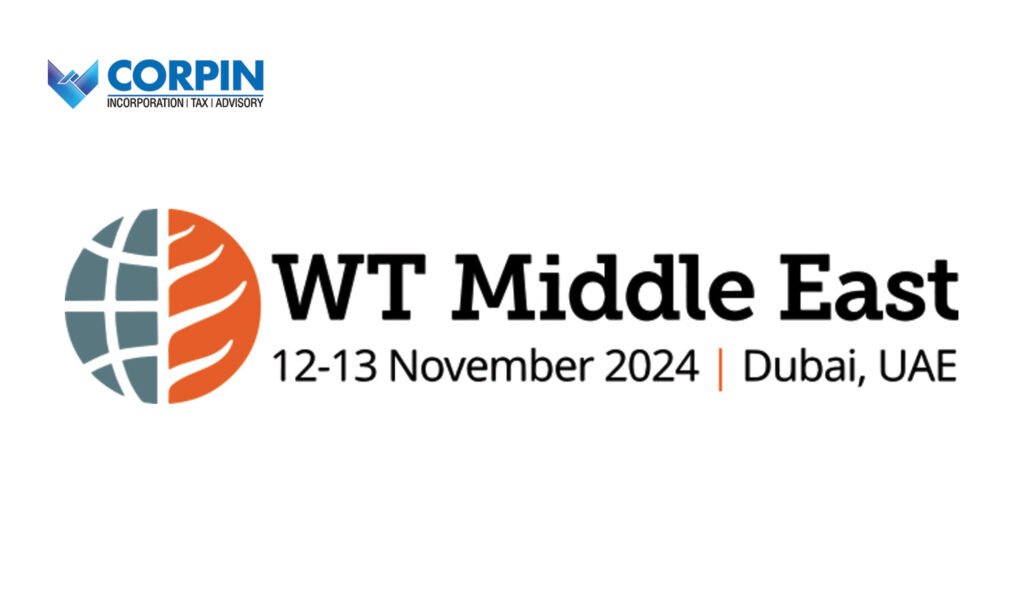Top 5 benefits of Investing in RERA approved projects in the UAE
Investing in RERA-approved projects in the UAE not only enhances transparency and security for real estate investors but also ensures compliance with legal standards. This makes your investments more reliable and rewarding. So whether you are an investor or a first-time buyer, understanding the significance of RERA projects in UAE can help you make an informed decision. Here’s a look at the top five benefits of investing in properties that comply with RERA regulations. 1.Complete Transparency and Legal Protection RERA in UAE is a very crucial organization that ensures property developers provide buyers with accurate information about their real estate investments. Every project that developer undertakes must be registered with RERA. This ensures that investors have access to up-to-date information about their property development status. Developers are also required to provide buyers with legally binding agreements that outline all terms, conditions, and financial details pertaining to the property. With RERA, investors can remain assured that their investment in property is safe as it monitors developers to prevent fraudulent activities, such as selling unapproved properties or misrepresenting project timelines. 2. Assured Project Completion and Timely Handover One of the biggest concerns for real estate investors is project delays. Hence RERA ensures that developers abide by the timelines and investors receive their properties as promised. RERA mandates that developers place investor funds in dedicated escrow accounts, which can only be accessed to complete construction. They must adhere to set deadlines, and failure to do so can result in penalties or project cancellations. If developers are unable to deliver the project on time as promised, they have to either compensate investors or reassign the project to another entity for completion. 3. Enhanced Market Stability and Investor Confidence Real estate markets thrive when investors feel secure. RERA plays an important role in maintaining market stability by enforcing regulations that promote fair play and prevent unethical practices. The agency helps prevent price manipulation. This ensures investors receive fair market value for their purchases. Beyond that, RERA ensures that rental laws and property transactions are in favor of both parties – the tenant and the buyer. What’s more, government initiatives backed by RERA encourage foreign investment, making it easier for non-UAE residents to invest in the market. 4. Better Quality Assurance and Sustainable Development Gone are the days when developers could get away with substandard construction. Thanks to RERA’s strict quality control measures, only high-quality projects get the green light. The authorities conduct regular audits and inspections, which ensures developers adhere to quality guidelines throughout construction. Many RERA projects also emphasize sustainable practices, such as energy-efficient buildings and eco-friendly designs, contributing to a greener future. 5. Efficient RERA Asset Management and Dispute Resolution Another crucial aspect of investing in RERA properties is that the agency has established efficient asset management and dispute resolution mechanisms. It ensures that property management firms and homeowners’ associations operate transparently. This helps protect investors from unfair practices. If issues arise between buyers and developers, RERA provides a structured platform for dispute resolution to avoid lengthy legal battles. For those investing in rental properties, RERA ensures that tenant rights are upheld, preventing unlawful evictions and rent hikes. Final Thoughts Investing in real estate is always a significant decision, and choosing a RERA-approved project in the UAE adds an extra layer of security, transparency, and value to your investment. From legal protection and quality assurance to market stability and timely project completion, RERA ensures that investors reap the full benefits of their real estate ventures. Need assistance on choosing RERA approved projects in the UAE? Get in touch with us at +971558432911, we will help you find the right property that meets your requirements and is compliant with RERA standards.












 Cost Calculator
Cost Calculator Book your Free Consultation
Book your Free Consultation